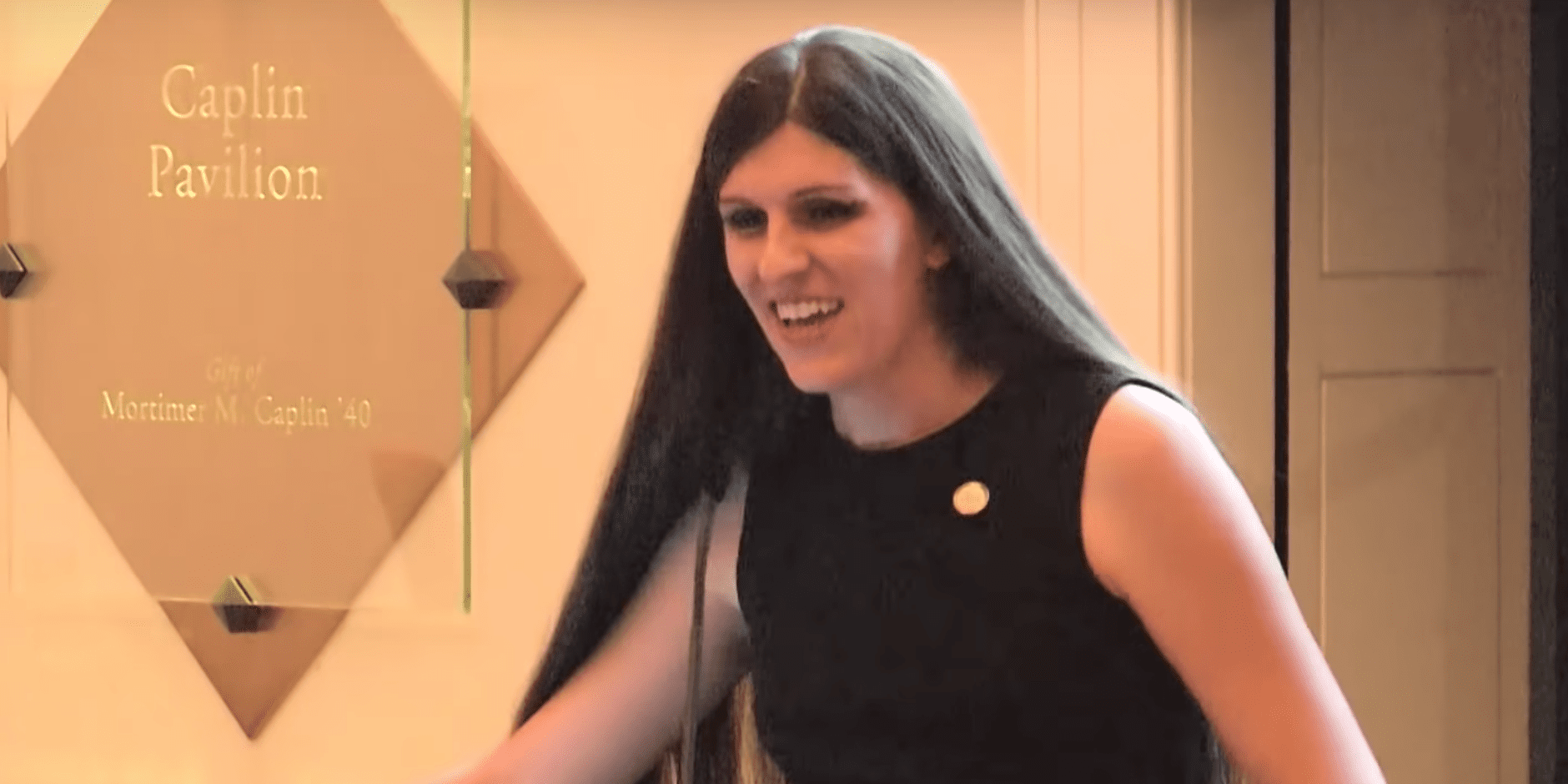
Next Tuesday, November 5, Virginia heads to the polls in statewide elections – among the few “off-year“ or “odd-year” contests. After Democrats surged in the Commonwealth’s last two major elections, in 2017 and 2018, Tuesday’s races are being closely watched nationwide.
For LGBTQ+ Virginians especially, the stakes may feel high as ever.
Civil Rights, Healthcare, Gun Control and More
Dueling interpretations of Virginia’s political climate emerged earlier this week. The New York Times wondered about state Republicans’ efforts to rebrand themselves as independent-minded, given President Trump’s abysmal approval rating.
(A Christopher Newport University survey found “55% of all [Virginia] voters surveyed” supported opening the impeachment inquiry, including “91% of Democrats [and] 68% of self-identified ‘moderates.’” Nearly 60% of all respondents said they “would be less likely to vote for a Virginia Senate candidate who supports” the president. The survey was based on 849 interviews with “active, registered voters,” with a margin of error of 3.8%.)
Few other commentators agree with the Times – for good reasons.
It’s true some of Virginia’s GOP candidates have softened on healthcare issues—like Medicaid expansion, which was passed at long last following Democrats’ 2017 victories following years of Republican stonewalling—and that those issues long have been critical to Virginia’s voters (and Americans generally).
But it’s also true that, on other issues—like LGBTQ rights, abortion and reproductive rights, the nebulously framed spectre of “socialism”—Virginia’s GOP has barreled further toward the right, if anything.

Consider Virginia state Del. Danica Roem (D-Manassas). Del. Roem, who inspired national headlines for becoming one of the first openly trans state-level officials in America two years ago, ran on Medicaid expansion and addressing transportation challenges in her traffic-clogged Northern Virginia district. As the Advocate reported yesterday, that hasn’t stopped her opponents from accusing her “of pursuing an ‘EXTREME social agenda,’” insidiously inserting transphobic misinformation into Facebook ads.
.@pwcdanica eats transphobia for breakfast. These attacks are nothing new, and just a sign that her opponent this year isn't much different than the "chief homophobe" she beat in 2017.https://t.co/WpKNxWYc7y
— Virginia Democrats (@vademocrats) November 1, 2019
While some of the worst invective has been directed at Del. Roem, she’s hardly alone. The Human Rights Campaign recently catalogued numerous examples of anti-LGBTQ+ rhetoric from state- and local-level GOP groups and candidates, including:
- Kelly McGinn, running against Roem, signing “onto a letter that compared support for marriage equality and reproductive rights” to “’morally repugnant’ practices like slavery”;
- The GOP Minority Leader, Tim Hugo, pathologizing adolescents’ gender identities as a form of sexual predation (projecting maybe?); and
- State Sen. Amanda Chase’s support for dangerous conversion therapy, analogizing it to a form of religious freedom.
Granted, Sen. Chase is an especially extreme case – Virginia’s Senate Republicans, unlike their House of Delegates colleagues, have been more-open to LGBTQ+ rights in recent years, as the Virginia Mercury explained earlier this week.
But, while the Commonwealth as a whole has moved toward greater acceptance, Virginia still lacks non-discrimination protections for LGBTQ+ residents under law and large majorities of LGBTQ+ Virginians report experiencing discrimination in their personal and professional lives.
Will Rightward Turn, Rallying the Base Work?
On other issues, Virginia’s statewide GOP candidates have sharpened their rhetoric and pushed rightward. As the Washington Post put it, quite unlike the Times,
In crucial swing districts, from Northern Virginia to Richmond to Hampton Roads, Republican candidates are trying to turn out GOP voters while hoping they can hang on to the centrist images they cultivated all summer. To pull it off, they’re casting Democrats as extremists — invoking hot-button issues such as abortion and immigration.
For Republicans, it’s all on the line – all 140 state-level legislative seats are up for grabs, with Democrats controlling the executive until 2022.
Per the Post, Governor Ralph Northam (D) has signaled commitments to “an ambitious agenda of gun control, abortion access, environmental protections, a higher minimum wage” and passing the long-dormant Equal Rights Amendment.
In such a context, Republicans’ willingness to try rallying the base makes sense, though it still might prove unavailing.
Brittany Gibson and Marcia Brown argued recently in the American Prospect that shifting views on some of those hot-button issues and the evaporation of gerrymandering-based GOP advantages in some districts could portend significant Democratic victories. The New Republic’s Mason Adams emphatically agreed and, as the Washington Blade notes, just a few seats in both legislative chambers need to be flipped to hand Democrats statewide control.
Still, less than three years after Donald Trump’s victory, forgive my anxieties about preordained election wins.
There are no ironclad guarantees, Virginia, and there’s much on the line.
(Sources: New York Times, The Advocate, HRC, Virginia Mercury, Washington Post, Washington Blade)
